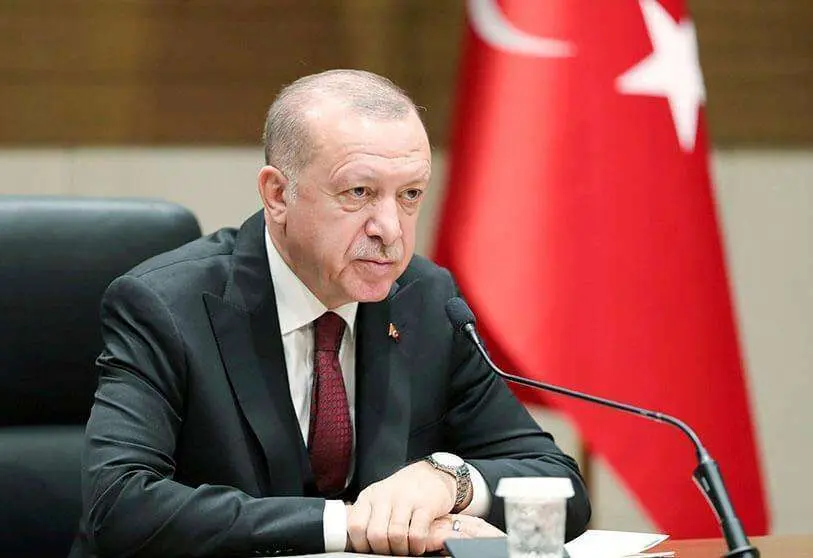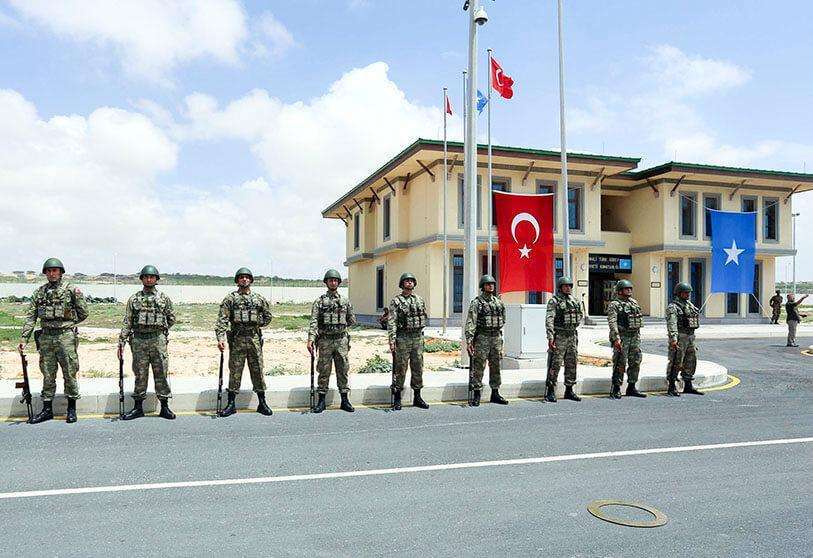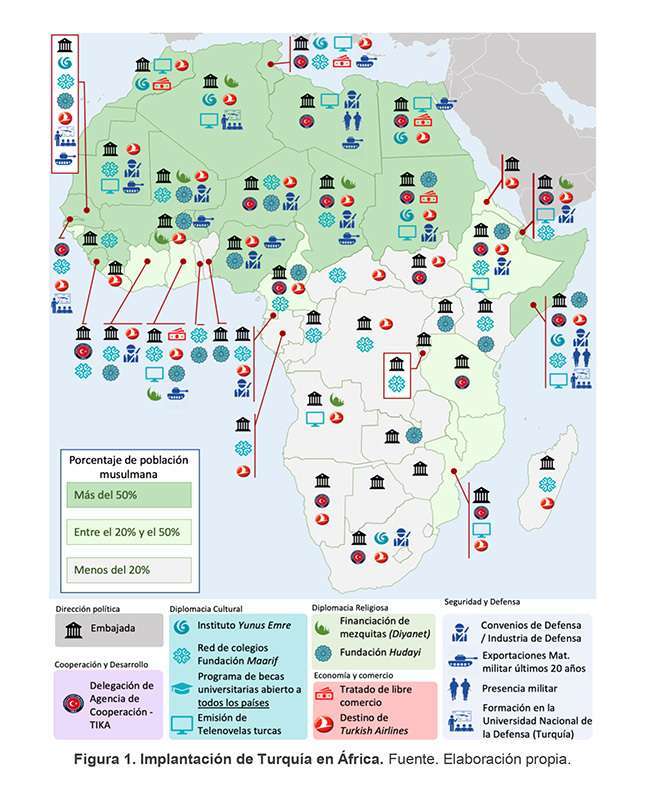Turkey extends its military presence in Africa

Turkey's National Assembly on Tuesday approved a memorandum submitted by President Recep Tayyip Erdoğan to extend for one year the presence of Turkish troops in Mali and the Central African Republic, sent in the framework of UN peacekeeping missions. In the document, the presidency argues that it is the United Nations that ultimately determines military deployment and sets the lines of its external action, a version that is far from reality. Ankara has long had its own roadmap.
The comfortable majority in the House of Representatives of the Islamist AKP and the far-right Nationalist Action voted in favour of the 'Mali-Central African Republic Bill', the initiative presented by the presidency to parliament. The memorandum also included a clause giving Erdoğan full powers to decide the number of troops and the date on which they would be sent to the continent. A trump card in his favour that will have to be taken into account.
"It has been assessed that our country's military contribution to the resolution of humanitarian and political crises that pose a threat to regional stability and peace in Africa will constitute a natural extension of our active foreign policy in the region and on the African continent in general," the document argues. These prerogatives are framed 'a priori' within the UN's MINUSMA and MINUSCA campaigns, aimed at preserving peace in two conflict-torn areas of the continent, the Sahel and Central Africa.

This parliamentary leave paddles President Erdoğan's geostrategic aspirations in a context where Turkey not only maintains troops in these countries, but also in Somalia and Libya, where it is prolonging political fracture and obstructing democratic transition. In this sense, the Islamist leader has tried at all costs to strengthen his bilateral relations with several African countries.
On Wednesday, Erdoğan concluded a four-day diplomatic tour of Africa. The Turkish president visited Angola, Nigeria and Togo as part of a foreign campaign aimed at strengthening his bilateral and trade relations on the continent. Turkey has already become one of the continent's main trading partners. So much so that President Erdoğan travelled accompanied by his trade minister, Mehmet Muş.
Muş highlighted the exponential growth in economic relations between Turkey and Africa since the beginning of the century. The trade volume grew from 5.4 million dollars in 2003 to 25.3 million dollars last year. These figures have strengthened diplomatic ties, with 12 Turkish embassies in Africa in 2002, and 43 today.
During the visit, the president discussed with his counterparts issues such as industrial cooperation, the exchange of information and possible military arms sales. If this were to happen, it would not be the first time that Turkey has supplied an African country with arms. It has done so in the past with Tanzania, Sudan, Uganda, Benin and Côte d'Ivoire. The most prominent case, however, is Libya, where Turkey supported the Western government of Fayez al-Sarraj with arms and mercenaries exported from Syria.

The West's dismal record in Africa represents a golden opportunity for Ankara, with no colonial past, to assert its status as an ally. To this end, Turkey has deep-rooted cultural and religious ties on the continent, and a critical stance towards Western interference. Humanitarian missions and diplomacy are in addition to trade agreements. But at the heart of the plan is the promotion of popular Turkish TV series, which have an unusually strong attraction to Turkey.
With his latest moves, Erdoğan is attempting to fill the power vacuum left by France in the Sahel after the symptomatic reduction of troops deployed in the region in what is known as Operation Barkhane. After the coup that overthrew Malian President Ibrahim Boubacar Keita in 2020, Turkish Foreign Minister Mevlüt Çavuşoğlu was the first foreign representative to visit the country and meet with Colonel Assimi Goita, who led the coup and has been in power ever since.
This action caused a stir in Paris. France, which has so far been the most influential Western power in the Sahel, is keeping a close eye on the Turkish leader. A figure with whom the French president, Emmanuel Macron, has shared a heated controversy. However, Turkey, unlike China and the EU, is still far from establishing itself as a key player in the region. And also in the rest of the continent.








